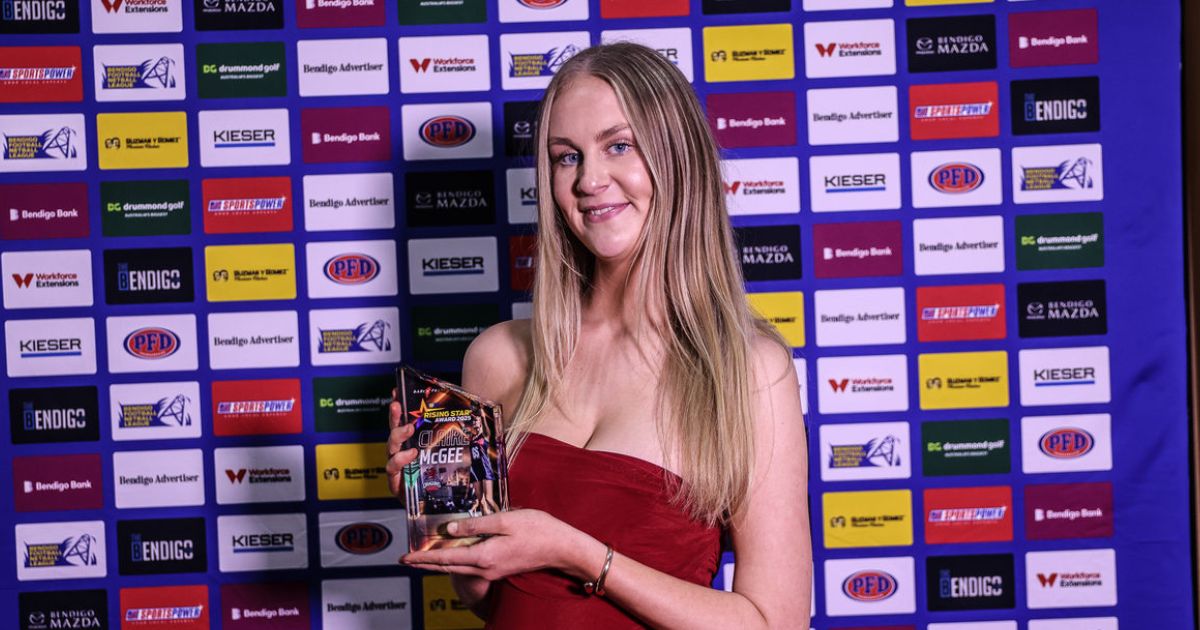AFL Vic boss on local, country and junior footy

Game on: Concerns around junior and country footy and COVID restrictions are unfounded, says Brad Scott. Photo: FILE
HEAD of AFL Victoria, Brad Scott, has cleared up some misconceptions about local, country and junior football restrictions.
Starting with junior football, rumours have been spread that only one parent can attend their child’s game.
Scott says that is categorically false.
“It’s actually not true that only one parent can go to junior footy games. Both parents can go, grandparents can go, junior footy for all intents and purposes is pretty much back to normal,” the former North Melbourne coach told SEN Breakfast.
“We’re really excited that footy is back and junior footy certainly won’t be impacted because it’s unusual that at a junior footy game that you’re going to have crowds over 1000 people so junior footy is pretty much back to normal which is exciting.
“Kids will be back high-fiving at footy games, parents will be able to go to the footy, junior football is pretty close to being back to normal, but it is a fluid environment.”
Another issue that has leagues and clubs worried is the cap on crowds at 1000 people.
Scott said that the cap is 1000, but teams and clubs can apply for that to be increased if they can meet the same COVID restrictions that apply across the state.
“The 1000 crowd cap is a bit misleading because that basically says that 1000 people can gather without any significant crowd management protocols in place other than government guidelines that everyone is well aware of,” he said.
“What we’re talking about is community footy, and country footy in particular where there can be big crowds, can have crowds of 5000 or 10,000, but if they do have crowds of that size (they have to meet protocols).
“I think rational people understand that you’ve got to have management protocols in place to manage a crowd that size.
“AFL Victoria is working with leagues and country commissions to assist where we can make sure that those protocols are in place. So, if there’s a country footy game that’s expecting a crowd of 5000 people, that can go ahead, its’ really important that everyone understands that.
“It’s no different to anywhere else in a public space. The onus is largely on the community to do the right things… it’s not going to be on clubs to individually police individuals to make sure they’re socially distanced, it’s going to be up to clubs to make sure they’ve got protocols in place such as QR codes, which we’re all well accustomed to, appropriate signage around the grounds and making sure people are aware of the protocols.
“It’s no different to when you go to a shopping centre. Those shopping centres are expected to have appropriate signage, sanitation stations, so it’s really no different.”
Scott also added that a “common sense” rule applies and there is no strict cap of exactly 1000 people.
He adds that they’re working hard to ensure all clubs can financially deal with what’s being asked of them.
“We’ve created signage packs for all our packs, we sent that out to all and when you think about the enormity of that task, you’ve got basically 12,000 clubs in Victoria and over 90 leagues so it’s a pretty significant investment we’ve made in supporting clubs to do that,” he said.
“Some of the discussion around ‘it’s going to cripple country clubs’, we’re going to support country clubs and fingers crossed things keep going in the direction they’re going.
“I don’t think it’ll be over onerous, but we’re working really closely with the state government to explain to them some of the challenges small community clubs face in this space and they’re built on the support of volunteers and make sure the task they’re set is not overly onerous, but we’re confident we can get it done.”
– BY NIC NEGREPONTIS/ SEN


















